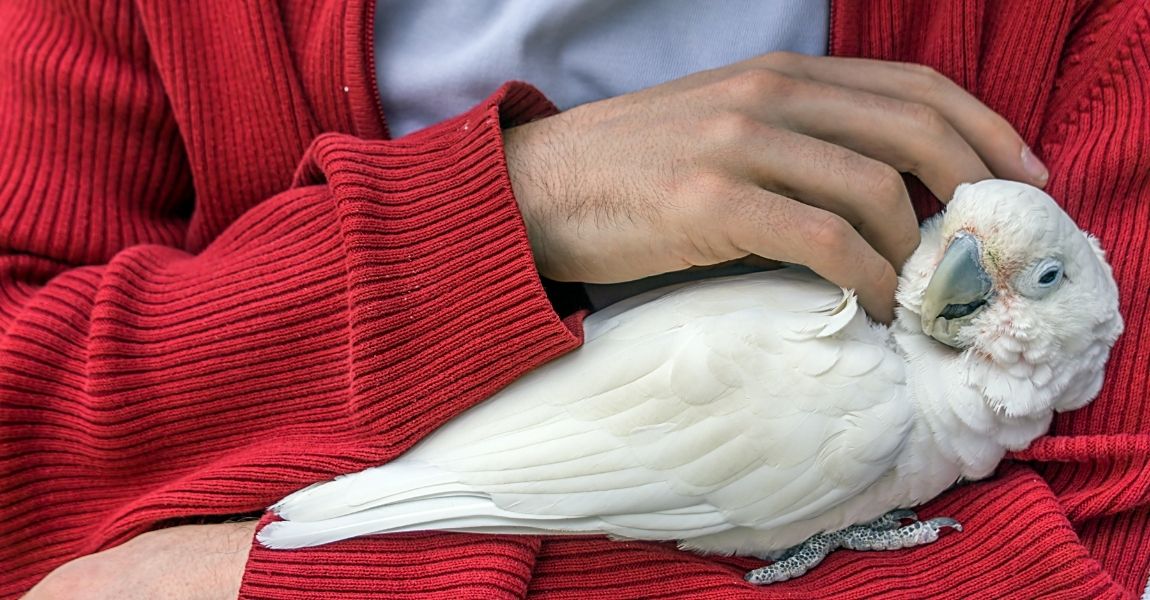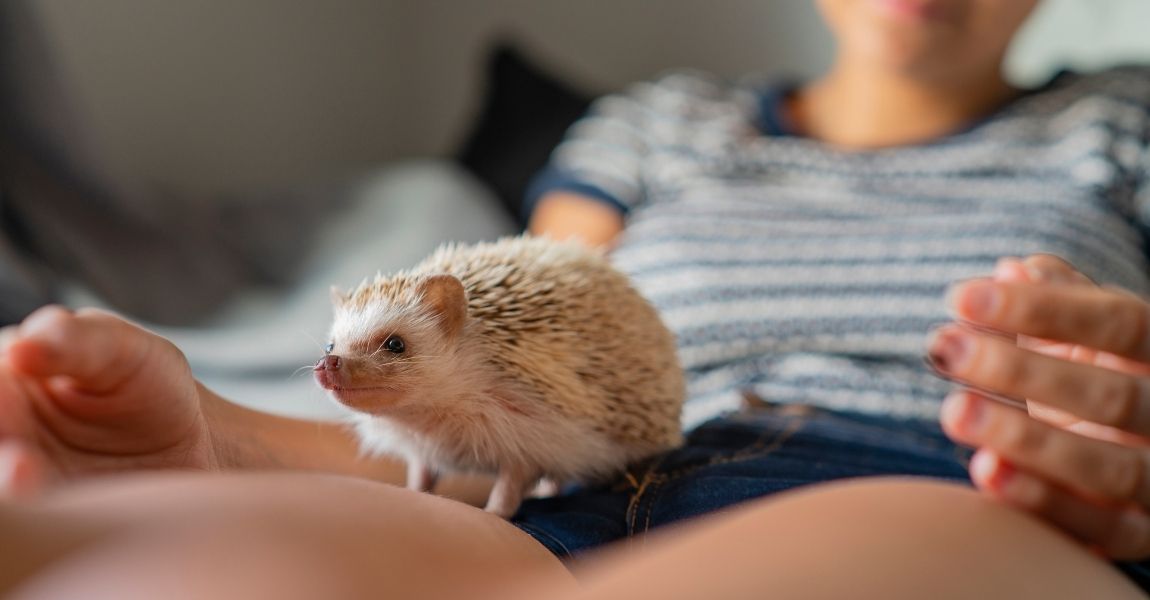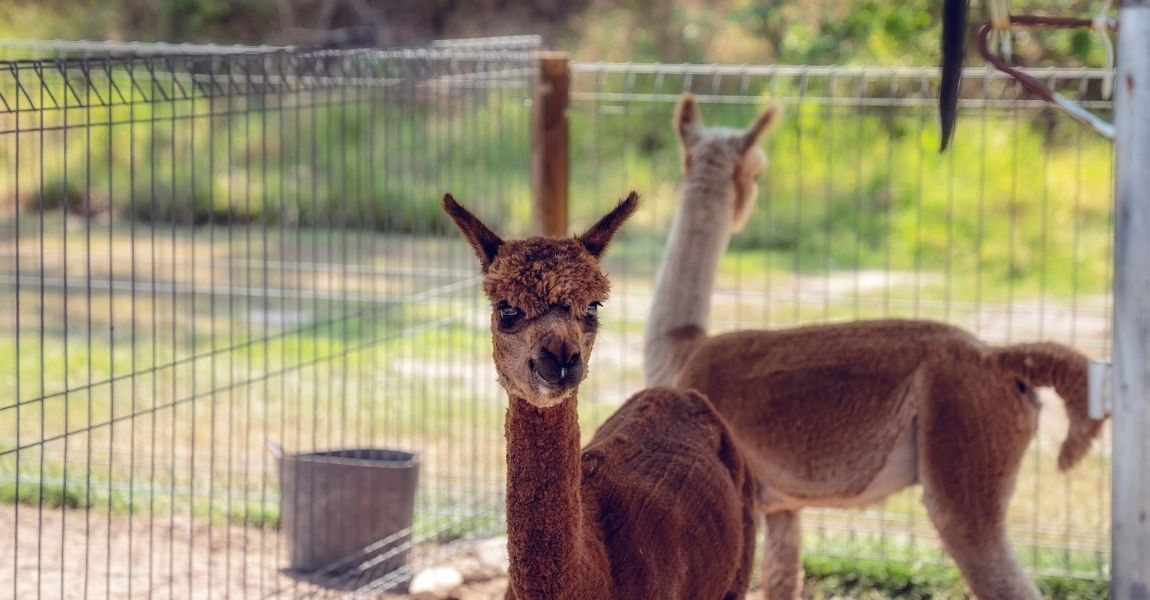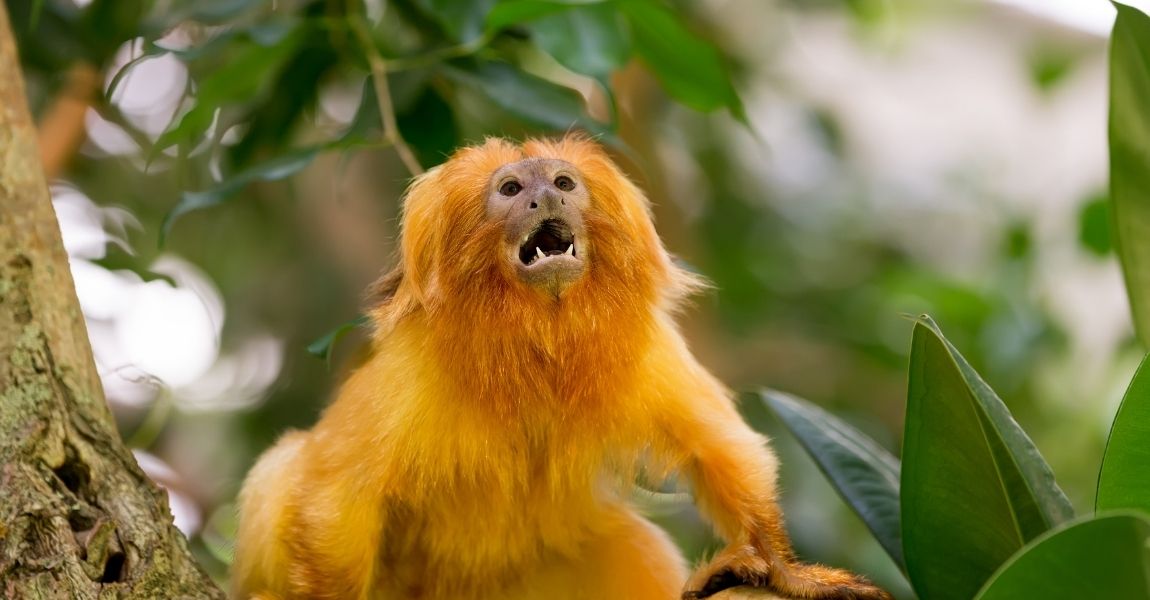Tips for Cleaning Your Cockatoo's Enclosure: Maintaining a Clean and Healthy Habitat
Introduction:
Owning a cockatoo can be a joyful and fulfilling experience. To ensure the well-being and happiness of your feathered companion, it's crucial to provide them with a clean and hygienic living environment. Regular cleaning and maintenance of their enclosure are essential for their health and overall quality of life. In this article, we will provide you with valuable tips on how to effectively clean your cockatoo's enclosure, ensuring a safe and comfortable habitat for your beautiful feathered friend.
Regular Waste Removal:To maintain a clean cockatoo enclosure, it is important to regularly remove their waste. Cockatoos tend to have designated areas where they prefer to relieve themselves, which makes waste removal relatively manageable. Use gloves and a scooper to collect solid waste daily, disposing of it in a sealed bag or trash can. Additionally, spot clean any soiled areas promptly to prevent the spread of bacteria and maintain a fresh environment.
Cage Cleaning:Periodically, a thorough cleaning of the entire enclosure is necessary. Move your cockatoo to a safe temporary area before starting the cleaning process. Remove all toys, perches, and accessories from the cage. Thoroughly clean the cage using a bird-safe disinfectant or a mixture of vinegar and water. Pay special attention to corners, bars, and hard-to-reach areas where dirt and bacteria can accumulate. Rinse the cage thoroughly to remove any residue and allow it to dry completely before returning your cockatoo to their clean and fresh home.
Perch and Toy Maintenance:Cockatoos love to play and interact with their perches and toys. Regularly inspect these items for any signs of wear, damage, or soiling. Clean perches with warm soapy water and scrub them gently to remove any droppings or residue. Rinse the perches thoroughly and ensure they are completely dry before placing them back in the cage. Wash and sanitize toys regularly, using mild soap and water, ensuring they are safe for your cockatoo to chew and play with.
Food and Water Dish Hygiene:Clean and fresh food and water are vital for your cockatoo's health. Replace their water daily, ensuring it is free from debris and contaminants. Wash the water dish with hot soapy water regularly to prevent bacterial growth. Similarly, clean the food dish after each feeding to remove any leftover food. Avoid using strong chemicals or abrasive cleaners that could be harmful to your cockatoo. Ensure the dishes are thoroughly rinsed and dried before refilling them.
Cage Bedding and Litter:Some cockatoo owners use bedding or litter at the bottom of the cage to absorb moisture and droppings. If you use bedding, it is important to replace it regularly, ideally on a weekly basis or as needed. Remove any soiled or damp bedding promptly to maintain cleanliness and prevent odor. Choose bird-safe bedding material such as paper-based bedding or hardwood pellets. Avoid using cedar or pine shavings, as they can be harmful to your cockatoo's respiratory system.
Conclusion:Keeping your cockatoo's enclosure clean and hygienic is essential for their well-being and overall health. By following these tips for regular waste removal, cage cleaning, perch and toy maintenance, food and water dish hygiene, and cage bedding and litter management, you can provide a safe and comfortable habitat for your cockatoo. A clean environment not only promotes their physical health but also contributes to their mental well-being and happiness. With proper cleaning and care, your cockatoo will thrive and bring you endless joy and companionship.
Remember to observe your cockatoo's behavior and adjust the cleaning routine as needed. Each cockatoo has unique preferences and requirements, so pay attention to their specific needs to ensure their optimal health and happiness.





